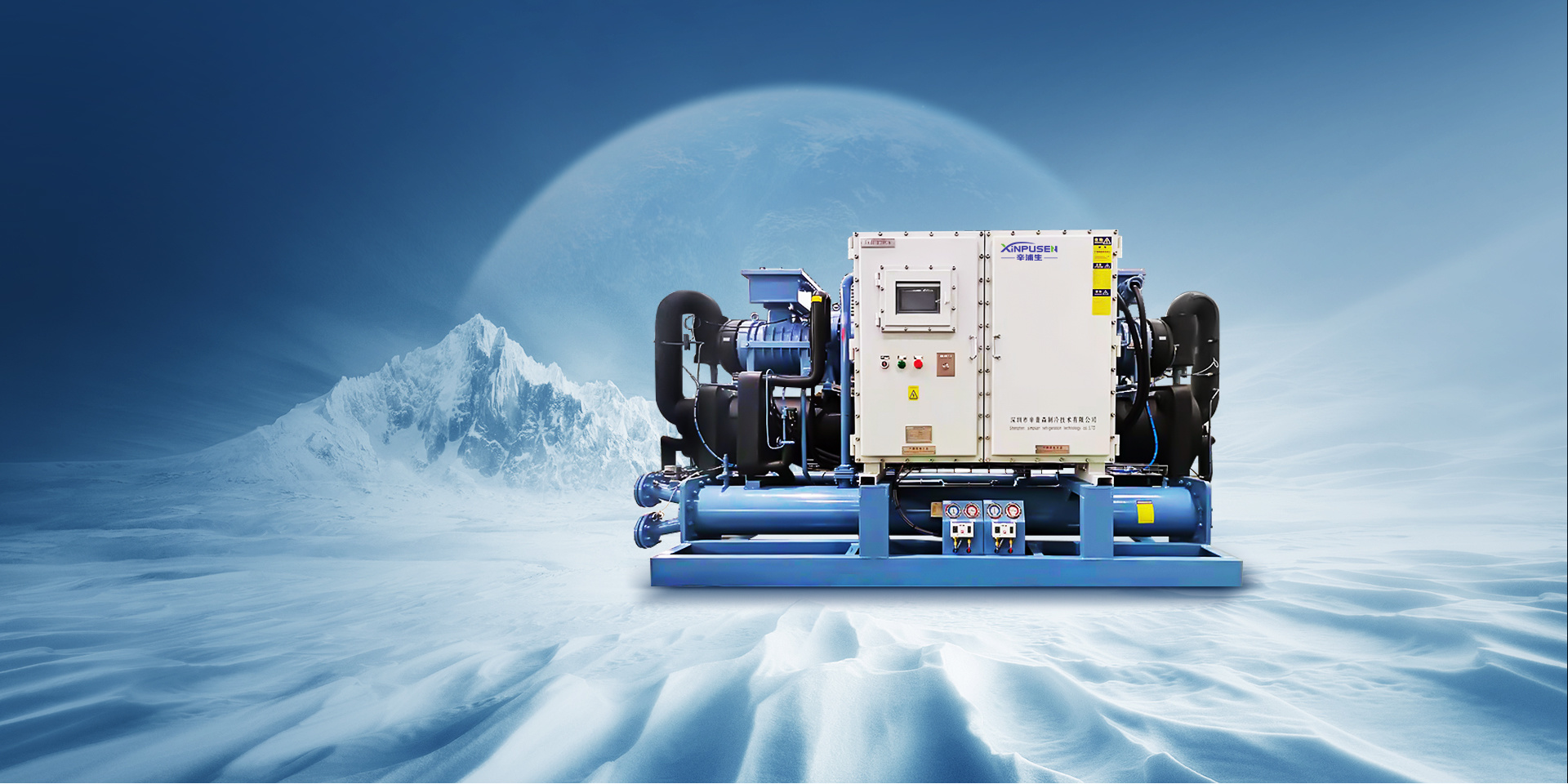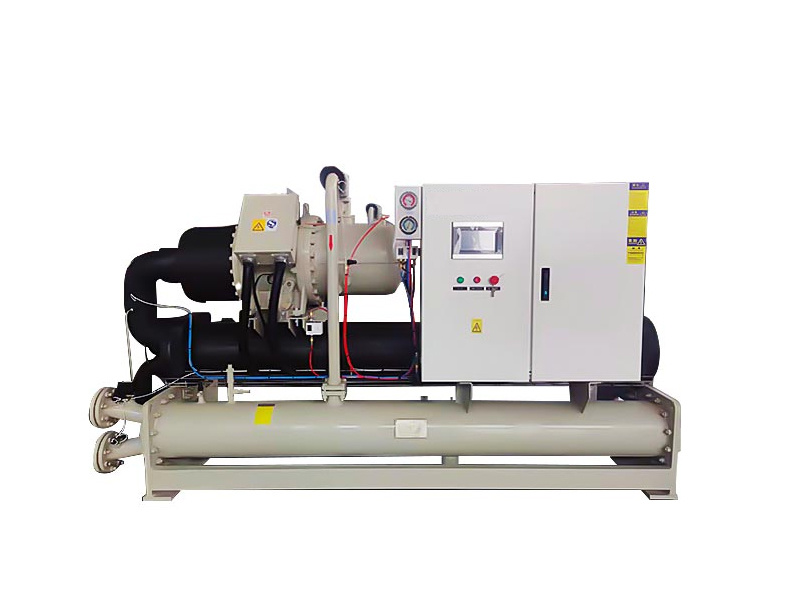Understanding Low Temperature Air-Cooled Screw Chillers: Key Insights for Industrial Applications
2025-09-08 14:40
One of the primary advantages of low temperature air-cooled screw chillers is their ability to maintain optimal cooling performance even at lower ambient temperatures. This is particularly beneficial in processes that require precise temperature control, such as in chemical reactions or sensitive material storage. The screw compressor design, which utilizes two interlocking rotors, allows for increased efficiency and reduced energy consumption compared to conventional chillers.
When considering the implementation of a low temperature air-cooled screw chiller, it is essential to evaluate its capacity and cooling range to ensure it meets the specific needs of your operation. These chillers typically offer a cooling capacity that can be adjusted based on the thermal load, making them versatile for various applications. Additionally, the ability to operate at lower temperatures expands their usability, enabling industries to cater to specialized cooling requirements.
Another significant aspect is energy efficiency. As industries face increasing pressures to reduce operational costs and carbon footprints, low temperature air-cooled screw chillers present a solution by utilizing advanced technological features such as variable speed drives and enhanced heat exchanger designs. These features not only improve the chiller's efficiency but also contribute to lower greenhouse gas emissions, aligning with global sustainability goals.
In terms of maintenance, low temperature air-cooled screw chillers are designed to be user-friendly, with accessible components that facilitate routine checks and servicing. Regular maintenance is crucial to ensure optimal performance and longevity, minimizing unexpected downtimes that can impact production schedules.
Furthermore, it is important to consider the noise levels associated with these chillers, especially in urban or noise-sensitive areas. Manufacturers have made advancements in sound-dampening technology, allowing for quieter operation without compromising performance. This is particularly important for facilities located near residential areas or where noise regulations are in place.
In conclusion, integrating low temperature air-cooled screw chillers into your industrial operations can lead to significant improvements in cooling efficiency, cost savings, and environmental compliance. By understanding their capabilities and advantages, professionals can make informed decisions that enhance their cooling systems while meeting the challenges of modern industrial demands.
Previous: Maximizing Energy Efficiency in Air-Cooled Low Temp Freezer Units: Essential Insights for Optimal Performance
More Information
2026-03-02
Understanding the Advantages of Water-Cooled Screw Chillers for Industrial Applications
2026-02-24
quality air cooled industrial chiller
2026-02-23
Essential Insights into Air Cooled Industrial Chillers: Efficiency, Selection, and Maintenance
2026-02-16
What to Expect During the Installation of Air Cooled Industrial Chillers: A Comprehensive Guide
2026-03-02
Understanding the Advantages of Water-Cooled Screw Chillers for Industrial Applications









 CN
CN EN
EN


